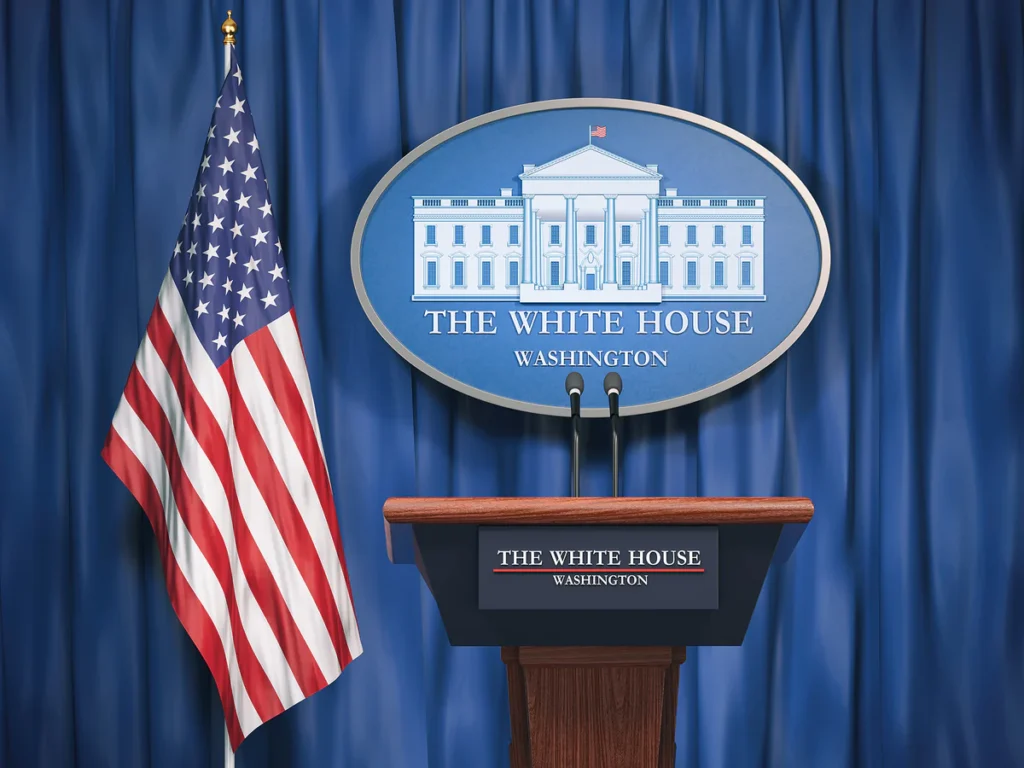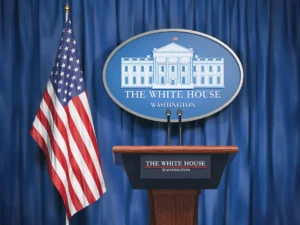What Trump’s Win Means for Payroll

A new presidential term in the United States typically ushers in changes to payroll-related laws and regulations, and the incoming Trump Administration is expected to pursue significant rollbacks of existing policies while introducing new initiatives that could impact payroll operations.
Following his victory in the 2024 election, former President Trump is likely to resume his previous efforts to reduce the administrative state. He has expressed plans to significantly downsize the federal workforce and is anticipated to appoint leaders who share his vision of curtailing the influence of regulatory agencies.
Under President Biden, funding was increased for key agencies that oversee payroll functions to support their expanded missions. However, with Trump’s return to office, there is an expectation that this funding may be reduced, and the roles of these regulatory bodies could be substantially redefined, potentially diminishing their influence on payroll operations.
Wage and Hour Laws and Regulations
The most immediate impact on payroll under the Trump Administration is expected to come from changes at the Department of Labor, specifically targeting the Wage and Hour Division. This division has long been responsible for developing a complex set of regulations under the Fair Labor Standards Act (FLSA), a foundational worker protection law from the 1930s that establishes minimum wage, overtime pay, and other labor standards.
Conservative policymakers have criticized the Labor Department, viewing it as a barrier to business growth due to its extensive rules on hiring, wage payments, and termination processes. The Trump Administration is likely to focus on reducing what it perceives as regulatory overreach, aiming to roll back many of the worker protection expansions implemented during the Biden Administration.
For instance, significant changes are anticipated in the rules governing overtime pay exemptions. The Biden Administration introduced a rule, effective July 1, 2024, which increased the salary threshold for exempt employees. Under this rule, employers must pay a minimum salary of $844 per week (equivalent to $43,888 annually) and meet specific duties tests to classify employees as exempt from FLSA-mandated overtime pay. This means that employees earning below this threshold must receive 1.5 times their regular pay rate for hours worked beyond the standard 40-hour workweek.
The increased salary threshold has faced legal challenges and is scheduled to rise again on January 1, 2025, unless halted by court actions. Given the Trump Administration’s focus on reducing regulatory burdens, this overtime rule is likely one of the first targets for revision, potentially lowering the threshold or altering the requirements to offer more flexibility to employers.
During his first term, the Trump Administration rolled back several rules established by the Obama Administration, including changes to the salary threshold for overtime exemptions. With the new term, similar adjustments are expected, potentially altering how employers comply with the overtime provisions of the Fair Labor Standards Act (FLSA). This could include revising various wage and hour regulations, such as those defining employment status under the law. The Biden Administration’s increased enforcement and audits related to wage and hour compliance are likely to be scaled back, especially if there are reductions in the Labor Department’s staffing.
In addition, the Employee Benefits Security Administration (EBSA), which enforces the Employee Retirement Income Security Act (ERISA), may also see a decrease in regulatory activity. Under Trump, there may be less emphasis on holding financial advisors accountable for stock-based compensation and retirement programs. Although the federal minimum wage remains at $7.25 per hour, changes to this rate require Congressional action, which is unlikely to be a priority for the new Trump Administration. However, it’s worth noting that many states and localities have set higher minimum wage levels for employers in their jurisdictions.
Other branches of the Labor Department, such as the Employment and Training Administration, which manages the Federal Unemployment Tax Act (FUTA) and supports worker training programs, could face budget cuts. During his first term, Trump proposed a limited paid family leave initiative under the FLSA, specifically aimed at parents expecting children. While the U.S. lacks a federal mandate requiring most employers to offer paid leave, this initiative might be revived as a part of his broader policy agenda.
Income and Social Taxation
Significant tax changes from President Trump’s first term are set to expire at the end of 2025 unless Congress takes action to extend them. Given a Republican-led Congress, the likelihood of income tax increases, even for high earners, appears slim under a new Trump Administration.
Payroll professionals should closely monitor Congressional discussions about the potential extension of the Tax Cuts and Jobs Act (TCJA) of 2017. If these provisions are not extended, tax rate adjustments may take effect in 2026, along with changes to deductions, such as the limited employee moving expense deduction and the rules governing business-related meal expenses.
Trump’s campaign promises could have a notable impact on payroll operations if implemented. For example, a proposal to make tips tax-free would directly affect payroll processing in the service industry. Additionally, Trump’s idea of raising tariffs on imports to reduce or potentially eliminate federal income taxes could have widespread implications, shifting how payroll taxes are calculated and collected.
The Internal Revenue Service (IRS), responsible for enforcing tax laws and collecting revenues to fund federal operations, might face budget and staff reductions, similar to anticipated cuts at the Labor Department. Many conservative policymakers believe the IRS has overstepped in its interpretation and enforcement of tax laws, which could lead to a rollback in its activities. This scaling back may affect payroll operations, particularly in reporting wages and remitting taxes, if IRS services are curtailed.
While the Social Security Administration (SSA) does not handle tax collection (the IRS oversees this), it plays a significant role in administering benefits related to retirement, health, and disability under the Federal Insurance Contributions Act (FICA). Although Trump pledged not to cut Social Security programs during his campaign, the agency itself might still face staffing reductions as part of broader government downsizing efforts.





